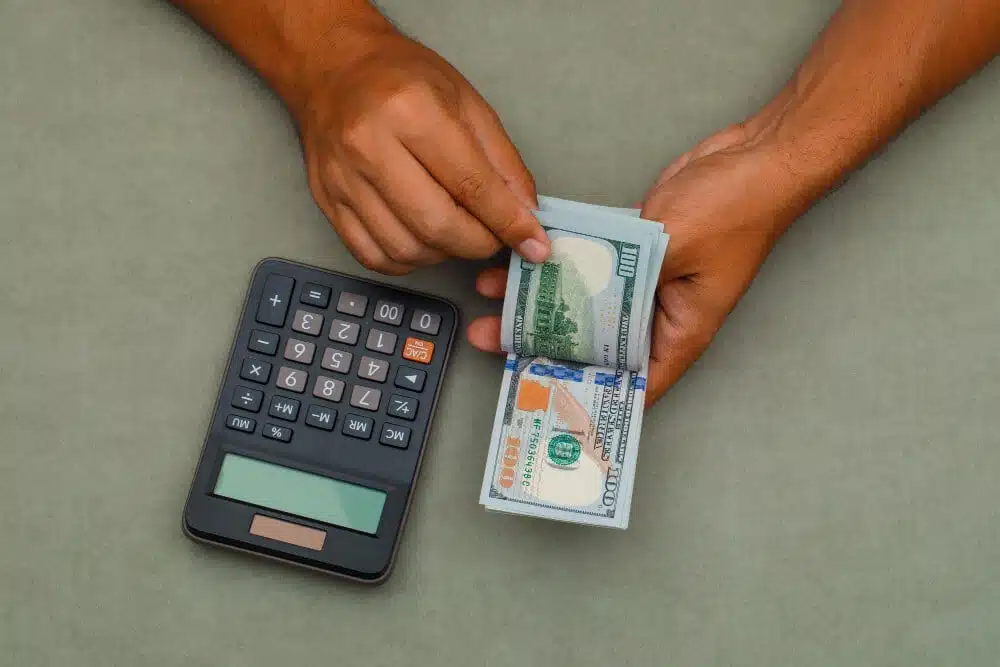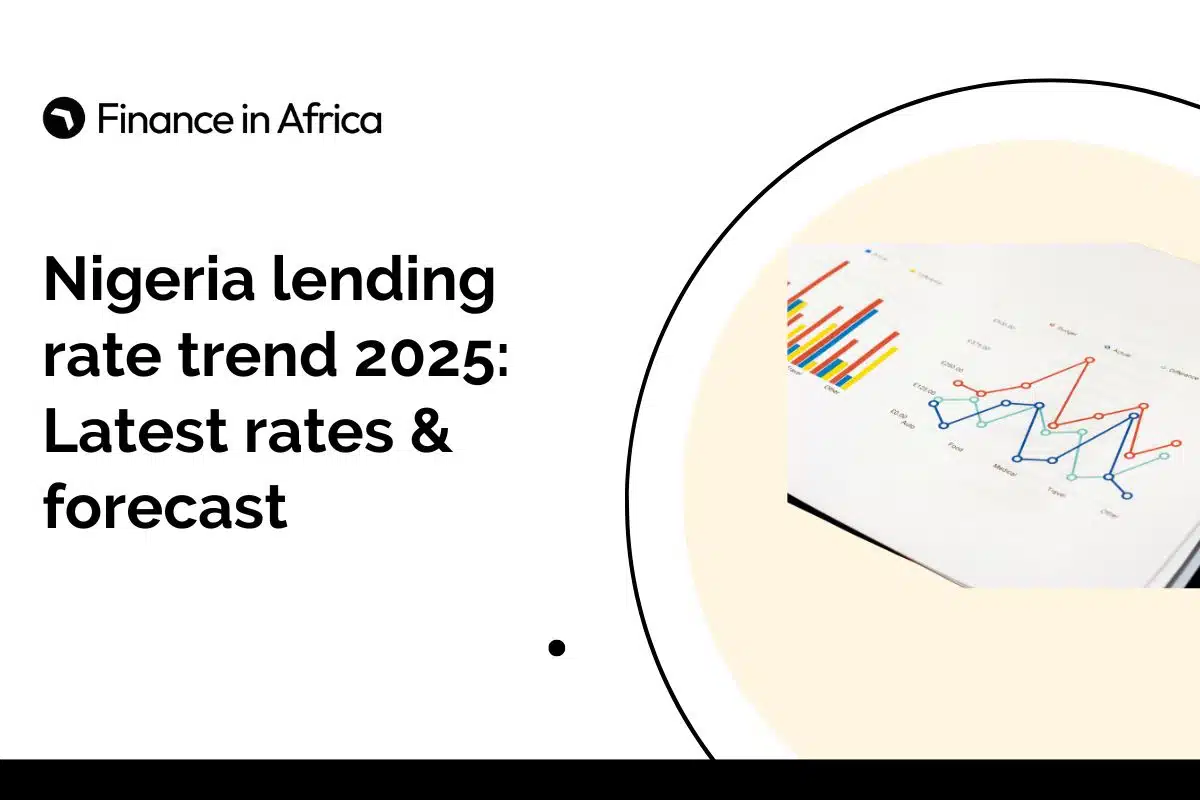On Monday, U.S House Republicans introduced a draft bill proposing a 5% excise tax on all foreign remittances made by non-citizens, including green card holders and visa holders.
The bill, aimed at taxing remittances sent from undocumented immigrants in the U.S, also proposes an exemption of payments sent by all verified U.S citizens reclaimable as tax credit.
“There is hereby imposed on any remittance transfer a tax equal to 5 percent of the amount of such transfer,” the bill states.
“The tax imposed by this 19th section concerning any remittance transfer shall be paid by the sender concerning such transfer from the sender and remit such tax quarterly to the Secretary at such time and in such manner as provided by the Secretary,” it further added.
“Any remittance transfer with respect to which the remittance transfer provider is a qualified remittance transfer provider and the sender is a verified United States sender,” the bill concluded.
This proposal holds significant implications for African economies, which rely heavily on diaspora remittances.
Africa’s dependence on remittances
The African continent, blessed with oil and rich natural resources capable of wealth creation within itself, still grapples with a dysfunctional state, weak institutions, and high unemployment. These factors have led to a steady outflow of citizens seeking better opportunities abroad, with a growing number settling in the United States.
As of 2019, African immigrants made up around 2.0 million of the total U.S population. Many of whom are from low-income families, contributing significantly to dependents back in their home country.
According to Olayemi Cardoso, Governor of the Central Bank of Nigeria, foreign remittance into Nigeria surged to $20.93 billion in 2024, accounting for 3.5% of the GDP.
The World Bank reports that remittances to Egypt reached $26.3 billion, while South Africa and Kenya received $937 million and $4.69 billion, respectively. Collectively, these inflows amounted to $52.8 billion and $2.64 million in expected loss in remittance to GDP across the four economies, about 4.1% of their combined GDP in the 2024 fiscal year.
However, in 2023/2024, foreign inflows amounted to $42.20 billion, totalling 3.3% of GDP recorded. This surge, when compared, underscores the rising number of Africans immigrating to the U.S, a country judged with a better economy.
Why this matters
Similar to trends, African migration to the U.S. is still expected to be on the rise in 2025. Immigrants in the U.S. grew by 1.6 million people between 2022 and 2023, the largest annual growth since 2010.
Although imposing a 5% excise tax on foreign remittances promises more revenue to the U.S., it is expected to negatively impact African economies.
When compared with the 2024 inflow, Nigeria is expected to grapple with a $1.05 billion loss in remittance. Similarly, South Africa, Kenya, and Egypt will lose $46.85 million, $23.45 billion, and $1.32 billion, respectively.
This proposed tax poses a risk not just to households dependent on remittances but also to broader economic stability in African markets – an issue of growing concern for investors.











